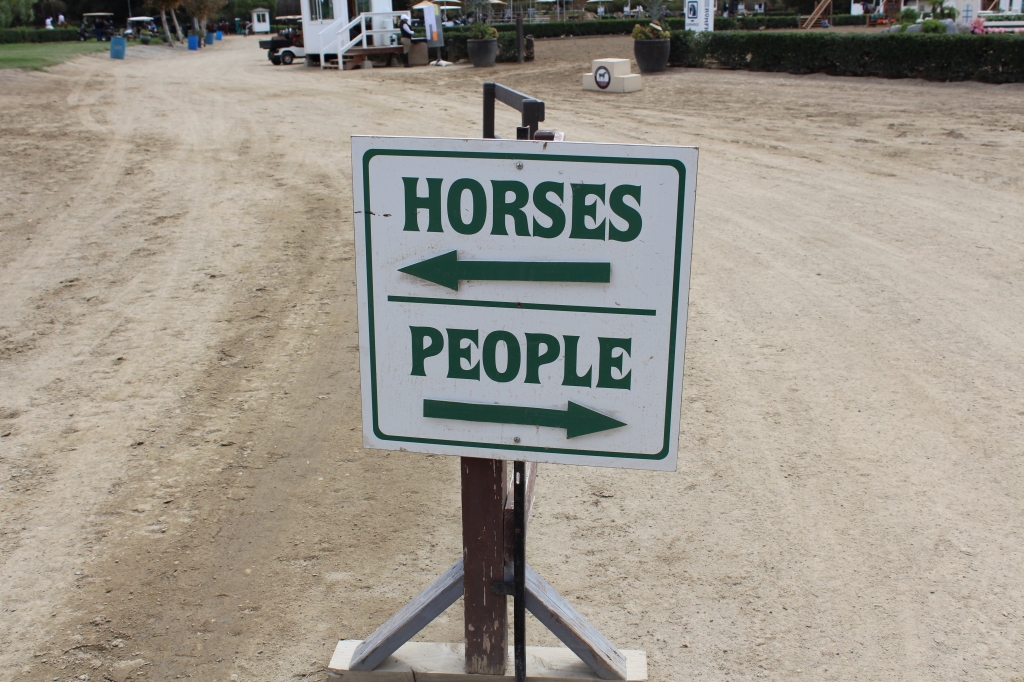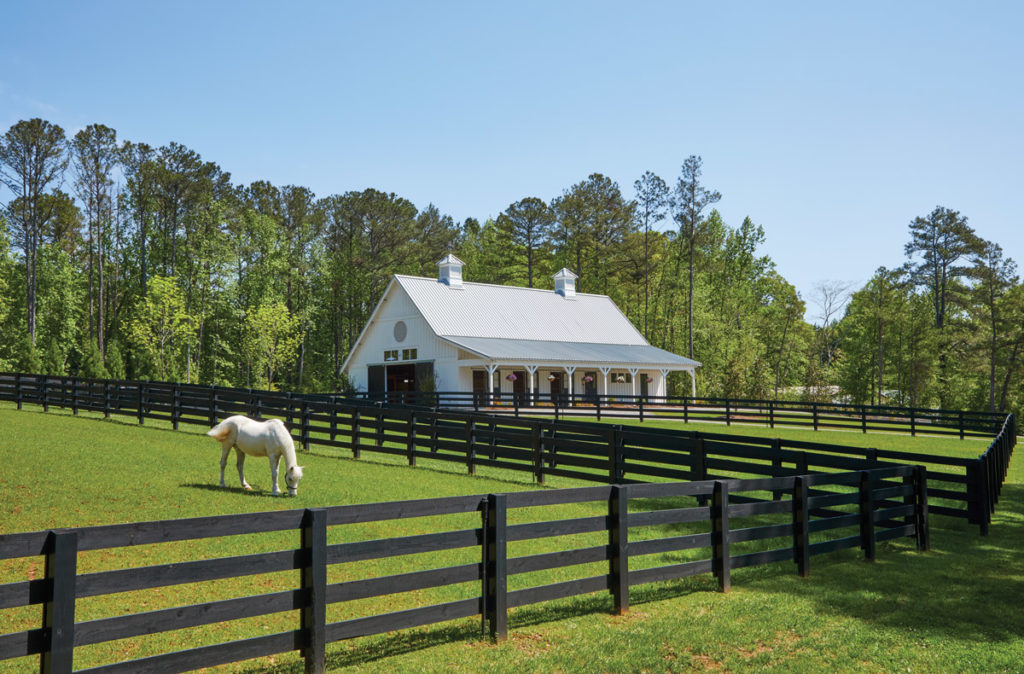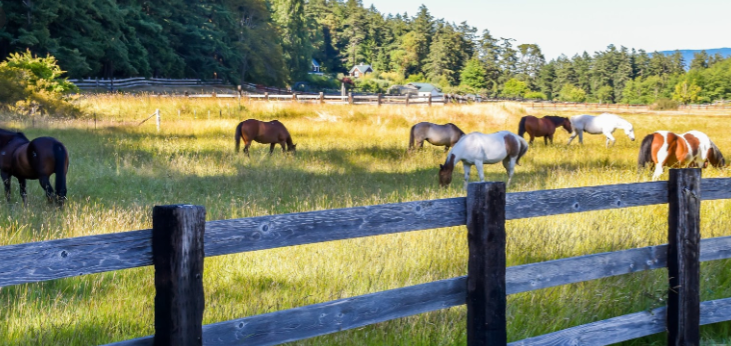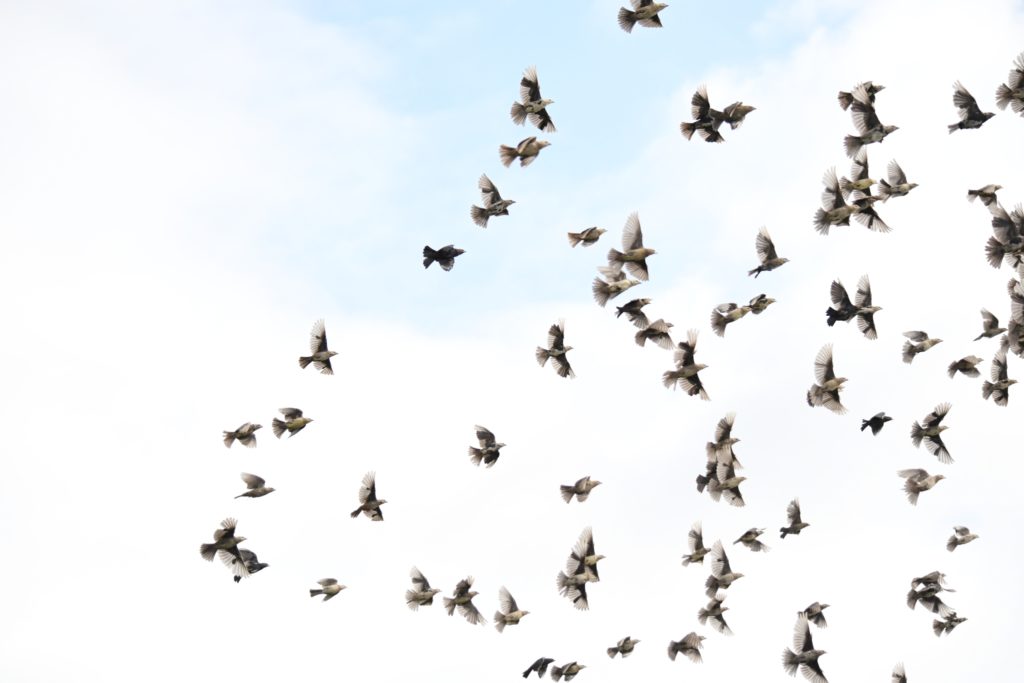
Best of JN: COVID-19 — Is Your Barn Closed? Part One
Here are some things that can help put your mind at ease if your barn is closed.
The effects of COVID-19 have been infiltrating our lifestyles for quite some time now. Many of us are now working from home when we used to commute to an office. Others who run small businesses or freelance are literally having livelihoods affected as restaurants are closed and competitions are canceled or postponed. We can’t even find a package of Charmin or Kleenex at Target.
Personally, I haven’t been affected too greatly (yet) by the COVID-19 self-isolation recommendations from the Center for Disease Control and other government mandates. I generally am a homebody. Aside from the grocery store (or Sephora), I really don’t go anywhere other than the barn — or outside to go for a run.
 Photo by Alyssa King / Jumper Nation.
Photo by Alyssa King / Jumper Nation.
The barn, though, is one of my “safe places.” It’s a place where I can somewhat turn my brain off and not have to worry about deadlines, emails and general life stress. It’s a place where I can put my phone away and concentrate on attempting to be productive with my mare (before we both give up and go trail riding).
COVID-19 is certainly shaking some areas of the equestrian world. WEF ended two weeks early, the LGCT’s next few events have been postponed, HITS Ocala ended early, WEC is closed — among others. Global finance isn’t my strong suit, but I do wonder now if the price of hay or other things like grain will be affected, potentially leading to board price increases — which may end up putting some of us in places where we can’t afford to keep our horses anymore.
I’m lucky that my barn is very small in terms of both boarders and horses. We generally have about 15 horses at one time, and I can count the number of boarders on one hand, including myself. I’m here alone with my mare while the majority of the other horses and clients are down at WEF, though they will return early in a few days. Our barn is still running operations as normal at this point.
 Photo by Lauren Rubinstein / Atlanta Magazine.
Photo by Lauren Rubinstein / Atlanta Magazine.
Two days ago, I heard from our barn manager that his friend, the head groom at a farm one town over, decided to completely quarantine for an indefinite period of time. There are no boarders permitted on-site, and the lesson program is on hold. If staff notices anything that should be amiss with one of the horses, they will of course notify the owner — but staff will handle the horse for the vet and take care of any care required.
I keep in touch with a few friends at this barn, and they’re not thrilled. Their safe place has been taken away — though they do understand the underlying reason. This particular farm keeps four times as many horses as mine and consequently has a large number of boarders coming and going. It also has a thriving lesson program, with students constantly entering and leaving the property for lessons on school horses. Another concern is money. They’re still paying full board and not able to ride — though truly, if we do the math and look at our board contracts, our board rates cover “room and board” for the horse: Feed, turnout, general care — not “riding time.”
 Photo by Washington State Department of Agriculture.
Photo by Washington State Department of Agriculture.
What do you do if your barn closes? For many of us, our horses are either our best friends, or at least fond pets. I’ve been reflecting on this in case a mandate comes out in my city similar to those issued by San Francisco and New York, where residents are legally now not allowed to leave their homes except for “essential activities” — or if my own barn closes.
If my barn did close to boarders, here is what I would attempt to do:
- Trust that our barn staff is attentive and aware should anything happen to my horse.
- Note: Barn staff are incredibly busy! If you’re in transition between barns for care issues, only then would I suggest sending a text to the owner to “check in.”
- Trust that your vet has your horse’s best interest in mind.
- Phone calls can still relay plenty of information should anything happen in your absence — and you still have control over any decisions regarding your horse’s healthcare.
- Trust that your horse still is with his friends and living it up while not getting ridden.
- Weather pending, your horse is essentially getting downtime to “just be a horse” — and I believe they do all need some time off to refresh. My mare gets pretty sour if she doesn’t get some time off during the winter. I’m also very careful to give her a few days off each week — she doesn’t thrive if she’s ridden six days a week (though some do!)
- Trust that your horse will not lose as much fitness as you think he might.
- Horses aren’t quite like us. We may not work out for a week or two, and I know how it feels…can you say “bloat” or “ugh”? Even if your horse does lose a bit of fitness from not being ridden and likely will need some easy rides once you’re back in action to refresh on everything you were working on, they very quickly regain fitness. That being said, they’ll still be turned out and moving around, so they’ll fashion their own version of exercise, including Halter Tag and Rip All the Blankets.
- Trust that your horse will (likely) not be completely feral when you get back to work together.
- They do have memories and won’t forget how to be ridden. Just a bit of a refresher may be needed!
 Photo by Alyssa King / Jumper Nation.
Photo by Alyssa King / Jumper Nation.
As I compiled the list above, I realized that every single line began with the word “trust.” It’s true. Trust that your barn is doing what’s best for the health and safety of you and your family. Trust in your barn staff as they care for your horse in your absence.
Trust your horse.
Is your barn closed now, or will it be soon? Hang in there, friends. We’ll get through this.
Stay tuned for part two: Alternatives if you can’t go to the barn.
Go jumping!





